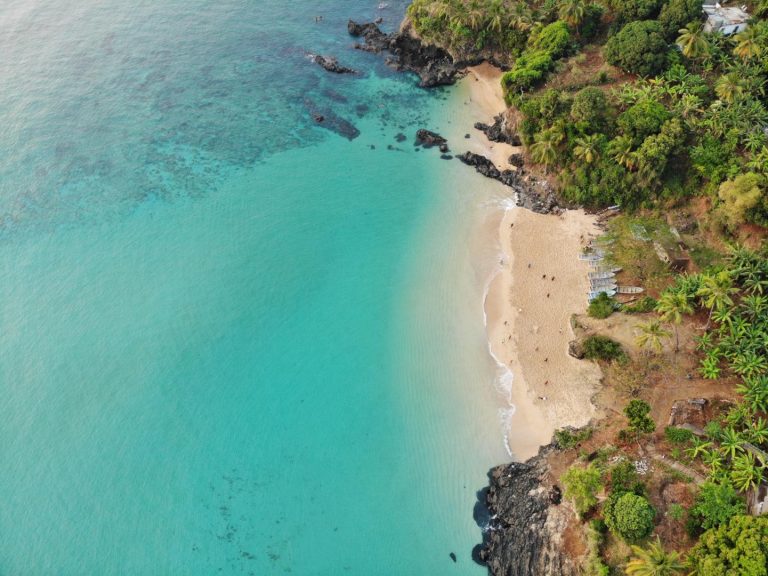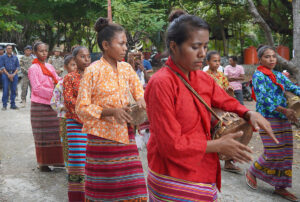The study looked at religious beliefs, historical use of marine resources, daily activities, economic dependence on fisheries, local knowledge of environmental changes as well as other cultural issues.
The information is critical for developing effective conservation strategies that will benefit both local communities and threatened marine resources.
“To make coral reef protection effective in an underdeveloped community such as Andavadoaka it is necessary to understand the relationships between marine resources and their users,” said Blue Ventures’ social scientist Josephine Langley who authored the study. “Identifying ways to avoid the potentially conflicting needs of economic development and conservation is essential.”
Many fisheries and marine conservation management projects throughout the world have failed because local communities were excluded from the conservation process.
Community engagement, participatory research and promoting the use of local knowledge have repeatedly emerged as steps necessary to address the problem of managing the development of people and their economies while simultaneously protecting the environment.
The report can be downloaded at http://blueventures.org/research/Langley_TEK_2006_(web).pdf























